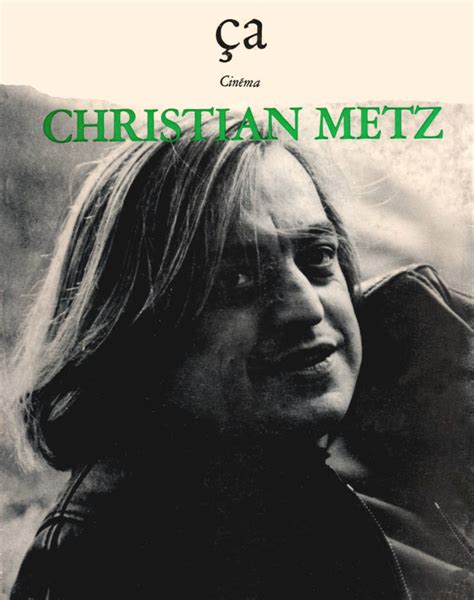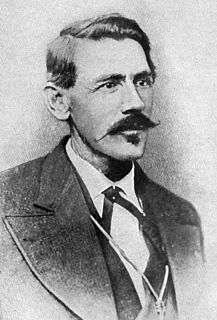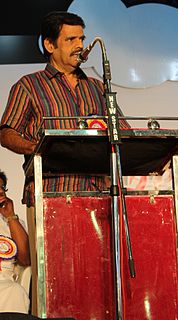A Quote by Edith Wharton
... there are spines to which the immobility of worship is not a strain.
Related Quotes
To worship God 'in spirit and in truth' is first and foremost a way of saying that we must worship God by means of Christ. In him the reality has dawned and the shadows are being swept away (Hebrews 8:13). Christian worship is new covenant worship; it is gospel-inspired worship; it is Christ-centered worship; it is cross-focused worship.
Worship is not music. We can certainly worship Him without musicians and without a song. And by the way, God does not actually seek worship. The Word tells us that He seeks worshippers. He's not looking for those who make the most beautiful music. He's looking for those who worship in spirit ... and in truth. Music is only one of the ways that he has ordained for us to express our worship. Yet too many worship leaders today spend more time honing their craft and planning / rehearsing their worship sets, than they spend on their face, alone in worship.
One does not structure the church to meet the felt needs and desires of the tares. The purpose of corporate assembly, which has its roots in the Old Testament, is for the people of God to come together corporately to offer their sacrifices of praise and worship to God. So the first rule of worship is that it be designed for believers to worship God in a way that pleases God.
Patience has the meaning of testing-a thing drawn out and tested, drawn out to the last strand in a strain without breaking, and ending in sheer joy. The strain on a violin string when stretched to the uttermost gives it its strength; and the stronger the strain, the finer is the sound of our life for God, and He never strains more than we are able to bear.







































